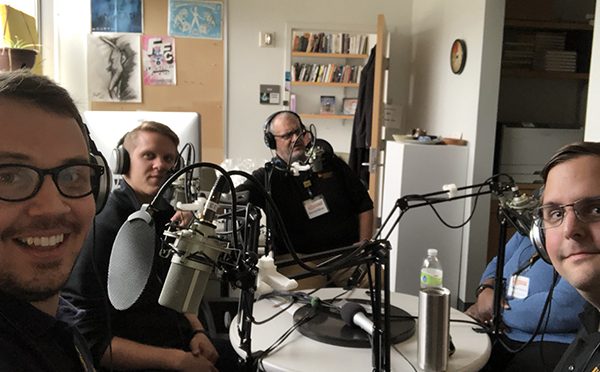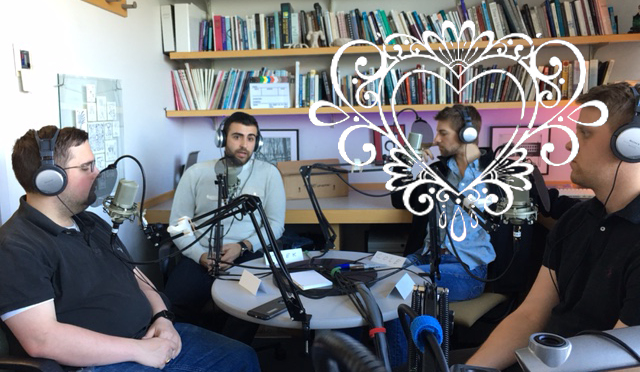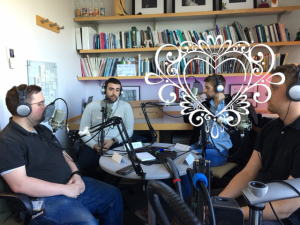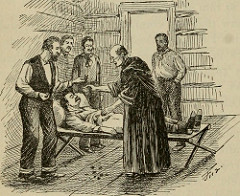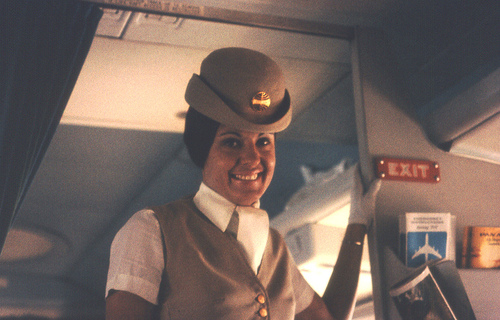Podcast: Play in new window | Download (Duration: 51:28 — 70.7MB)
Subscribe: Spotify | RSS | More


Does making Step 1 pass/fail change everything?
The news that the USMLE changed the all-important Step 1 exam–which many residency programs have been using improperly to stratify applicants and which can affect one’s specialty choice–to pass/fail starting in 2022-ish caused quite a bit of shock and consternation last week. Sure, some celebrated the change as a victory, but there’s just one liiiiiittle problem: the more competitive residency programs feel they need some standardized measure to base their choices on.
Several listeners wrote in with questions on the change, and the underlying concerns those questions addressed was the uncertainty left in the wake of this change–to wit, “what am I to aim for if there is no three-digit score I can point to as a mark of excellence?” Though the powers-that-be are essentially responding, “we’re working on it, we’ll get back to you on that,” there are some possibilities to consider. And we shall, with the help of M4 Matt Wilson, MD/PhD students Aline Sandouk and Hannah Van Ert, and M1 Nathen Spitz.
Special thanks to listener Terrified Chihuahua and everyone who reached out with questions on this sudden shift in the medical education landscape!
Buy Our Merch and Give At The Same Time
We Want to Hear From You
What are your thoughts on how a pass/fail Step 1 score will change medical education and the residency application process? Did we miss anything? Call us at 347-SHORTCT anytime, or email theshortcoats@gmail.com!


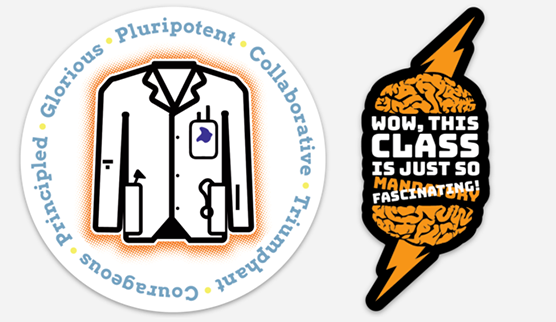





 One of the things we Short Coats agree on is that the stigma medical students and physicians face when dealing with mental illness must end. We are people, too, and thus are subject to the full range of human maladies. So when listener Kate reached out to theshortcoats@gmail.com to tell us of her University of Michigan classmate Rahael Gupta’s
One of the things we Short Coats agree on is that the stigma medical students and physicians face when dealing with mental illness must end. We are people, too, and thus are subject to the full range of human maladies. So when listener Kate reached out to theshortcoats@gmail.com to tell us of her University of Michigan classmate Rahael Gupta’s 